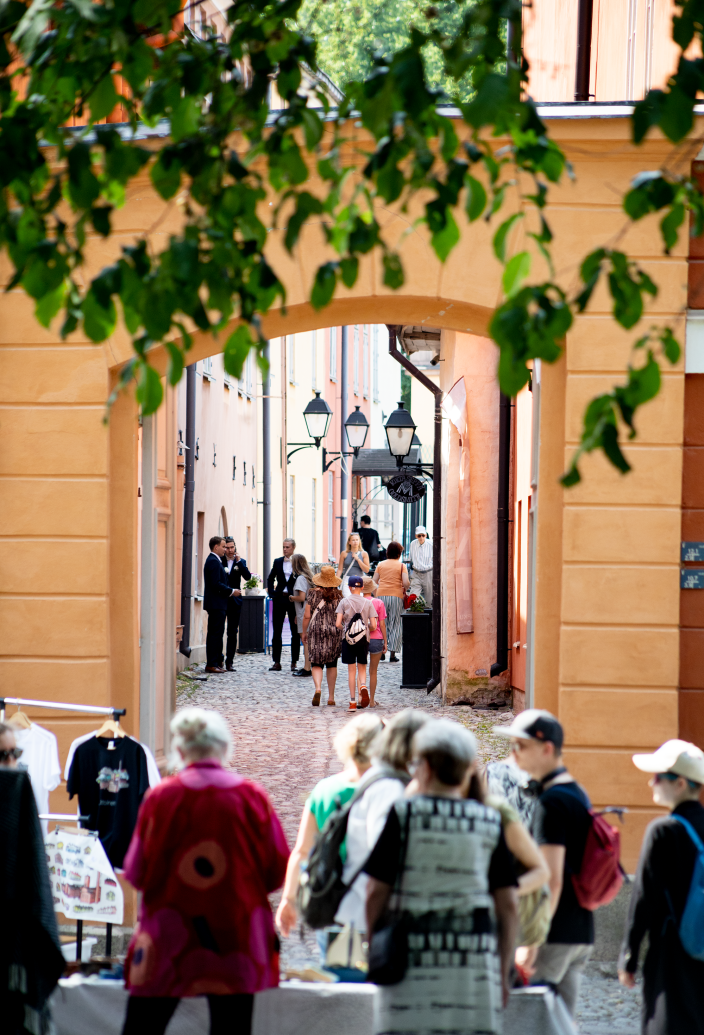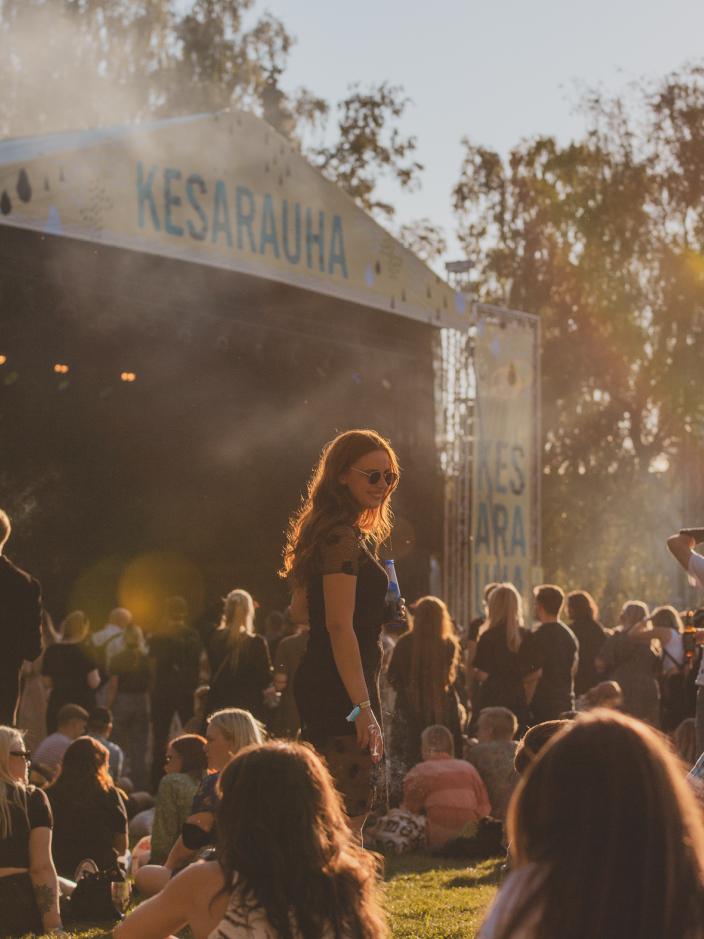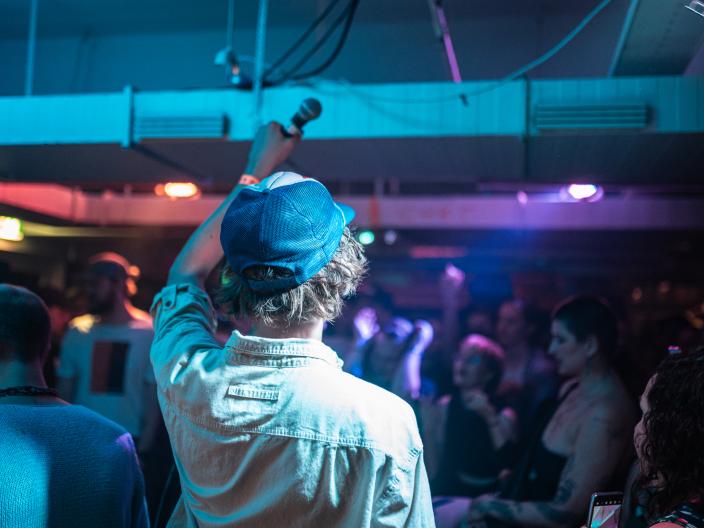Culture and art are the driving forces of a vibrant city. By investing in culture, we can also have a positive impact on urban development.
As a city, we want to enable interesting cultural and artistic openings, support art actors and strengthen Turku's high-quality food and event offering. We also promote the year-round nature of events and the maritime characteristic of Turku as part of urban culture.
Culture attracts locals and tourists alike
The City of Turku has made, and will in the coming years make, significant investments in culture. Investing in culture is part of sustainable urban development, contributing to a vibrant urban fabric.
The city's recent cultural investments include Art House Turku, which opened in spring 2022, and Music Hall Fuuga, which will be completed in 2026.
The new cultural institutions offer high-quality facilities for creating and experiencing art and culture. They support the existing business of the creative industries while also enabling completely new, distinctive activities.
New and attractive cultural destinations help Turku maintain its position as a competitive domestic tourist destination and promote the city's attractiveness in the eyes of international tourists.
Cultural Riverbank pulses with life
The Museum of History and the Future under planning will be built in the redesigned Linnanniemi area. The area is being developed as the first art district in Turku. Linnanniemi is also part of the Cultural Riverbank programme that surrounds the River Aura.

The Cultural Riverbank concept first emerged in the Vision for the Centre of Turku, which guides the development of downtown Turku. The vision emphasises the importance of pleasant meeting places in creating a living city centre. Although cultural institutions are important, culture is not just confined within walls but brought to where people naturally are.
The Cultural Riverbank is a stage for many events. In recent years, it has provided the setting for various new events of the city, such as the Path of Light spectacle in December and the summer celebration at the Old Town. Both are successful examples of multi-actor cooperation. We have also invited restaurants and other companies to participate in creating the most holistic event experience possible for visitors.
Towards a circular economy through creative industries
Creative industries and culture have the power to influence people's ways of thinking and acting. This idea is in the centre of the Creative Circular Cities (CCC) project, in which Turku, known for its climate work, is involved.
In the EU-funded project, six cities in the Baltic Sea region develop and test solutions that promote the circular economy through creative industries and culture. The aim is to accelerate the transition of Baltic Sea region cities to a circular economy by building cooperation between decision-making, business and creative sectors. Creative industries have enormous innovation potential that can support the creation of new circular business models.



